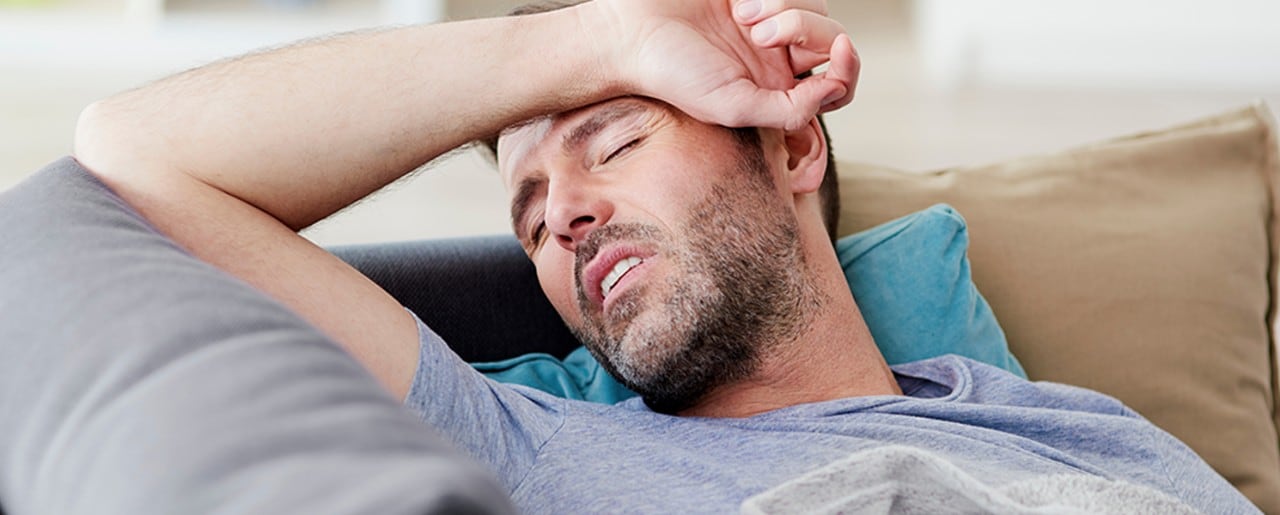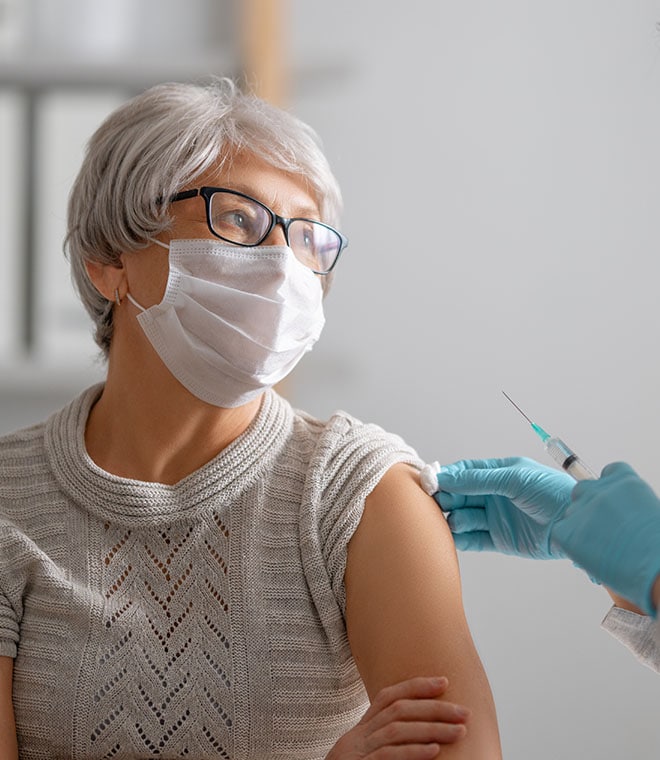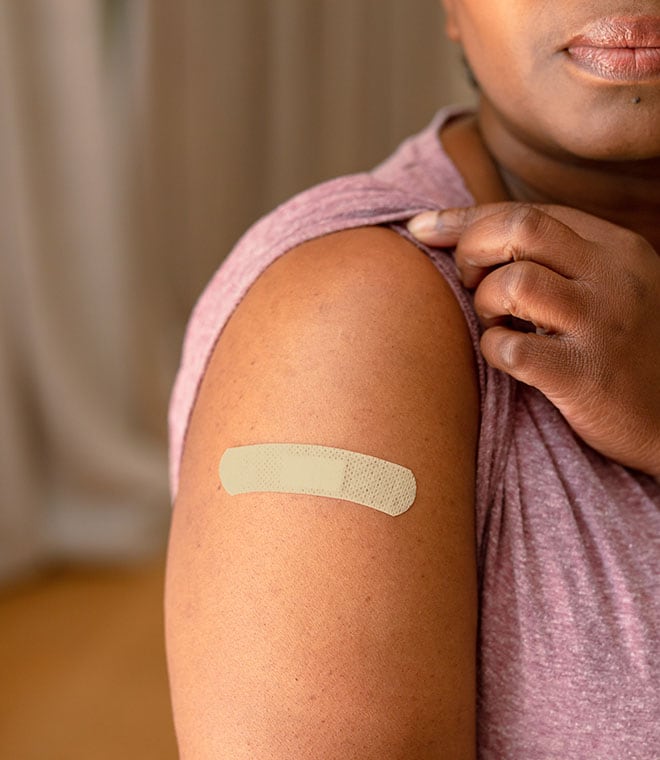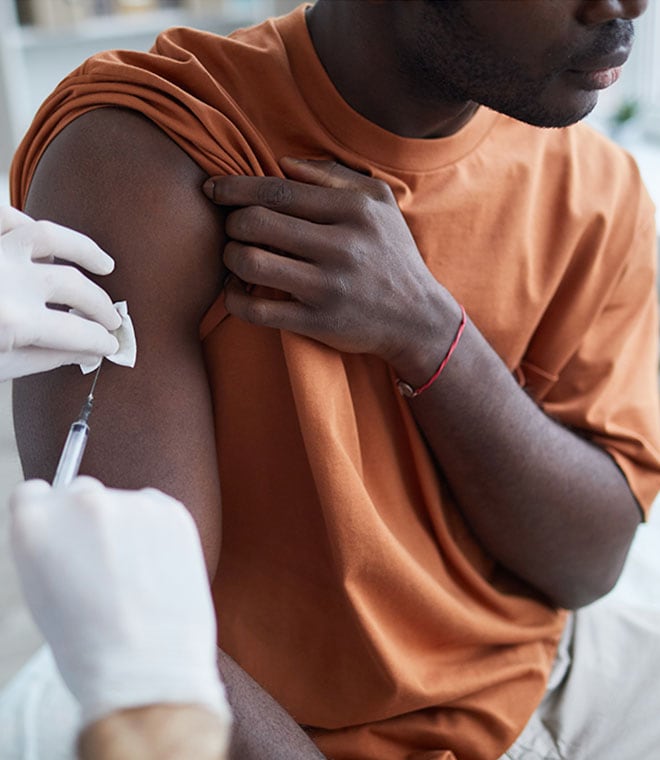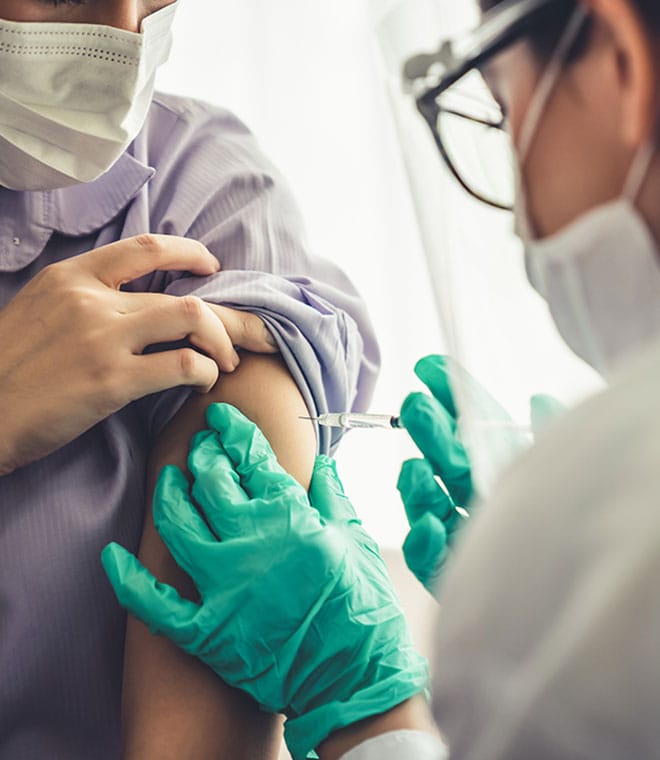Health
Side effects and safety of the Gardasil vaccine
Andy Stergachis, PhD, BPharm Mar 11, 2025 • 6 min
HPV (human papillomavirus) is the most common sexually transmitted infection (STI) in the United States. It affects about 13 million Americans, including teens, each year. Genital HPV is the most common type of HPV infection. HPV is most common among adolescents and young adults. According to the Centers for Disease Control and Prevention (CDC), almost all men and women will experience at least one HPV infection in their lifetime. HPV causes almost 38,000 cases of cancer in both men and women every year in the United States. These include the following types of cancer:
- Anal cancer
- Oropharyngeal cancer (cancer in the back of the throat)
- Cancer of the cervix, vagina and vulva in women
- Cancer of the penis in men
Although it is unknown who will eventually develop cancer from an HPV infection, people with a weakened immune system may be more susceptible and may have a harder time fighting off HPV infections.
Fortunately, vaccination with the Gardasil®9 vaccine can help provide protection against many HPV infections and can prevent over 90% of cancers caused by HPV. You can schedule a vaccine at Walgreens.
Is the Gardasil vaccine safe?
Yes, the Gardasil vaccine is safe. There have been more than 160 studies conducted on adults and children. Based on findings from many vaccine safety monitoring practices and studies, including those conducted by the CDC and the Food and Drug Administration (FDA), the 9-valent HPV vaccine (Gardasil®9) has shown to be favorably safe. The vaccine has been researched and monitored for over 15 years and deemed safe in populations for which it’s approved.
Who should be vaccinated with Gardasil®9?
Because HPV infection usually occurs after one’s first sexual encounters, two doses of the HPV vaccine, given 6 to 12 months apart, is routinely recommended for children ages 11 or 12 years old to help ensure they are protected before they become sexually active. However, the vaccine can be given starting at age 9 years old. Catch-up HPV vaccination is also recommended for people through age 26 who are not adequately vaccinated. Vaccination at the recommended early ages makes the vaccine more efficient since most sexually active adults have likely already been exposed to HPV, and HPV vaccines cannot treat existing HPV infections.
HPV vaccines are not routinely recommended for adults older than 26 unless they weren’t adequately vaccinated originally or if they’re at risk for a new HPV infection. If you are between ages 27 and 45 years old, talk with your healthcare provider to determine if HPV vaccination is appropriate for you.
Also, while there is no evidence the vaccine poses harm to a developing fetus, if you are pregnant, you should delay HPV vaccination until after your pregnancy. You can, however, receive the HPV vaccine if you are breastfeeding.
Side effects of the Gardasil®9 vaccine
As with any other vaccine or medication, there is a chance that people can experience certain side effects. The most common side effects seen with the Gardasil®9 vaccine are usually mild. These can include fever, headache or pain, redness, or swelling where the shot was given.
Additionally, some people faint after getting the HPV vaccine, although this is rare. In order to prevent this from happening, the person receiving a vaccine should sit or lie down while getting the shot and stay in that position for about 15 minutes afterward.
On very rare occasions, severe allergic reactions (anaphylactic) may occur after receiving any vaccination or medication. This is why people are monitored for a certain period of time after they receive a shot. Symptoms of a severe allergic reaction can include hives, swelling of the face, tongue, and throat, difficulty breathing, a fast heartbeat, dizziness and weakness. If such reactions occur, contact emergency response services immediately. People with an allergy to yeast or any other component of the vaccine should not receive the HPV vaccine.
There is no evidence to suggest that Gardasil®9 vaccination can lead to death
The vaccine safety surveillance system overseen by the CDC and the FDA received several reports of death following Gardasil®9 vaccination from December 1, 2014 through December 31, 2017. At that time, only about 29 million doses of HPV vaccine had been distributed in the United States and after careful review of every reported death, the CDC concluded that these extremely rare occurrences were not causally linked to the HPV vaccine. Now over 135 million doses of HPV vaccines have been administered through July 2024 and have continued to be proven safe and effective. All relevant studies have shown no deaths directly linked to any HPV vaccine, including Gardasil®9. Further, the Advisory Committee on Immunization Practices also reviewed clinical trials published between January 1, 2006 and October 18, 2018 involving licensed HPV vaccines and found few serious adverse events and no vaccine-related deaths. The CDC continues safety efforts and monitoring.
Updated by Rebeca Thomas, RN, BSN, February 2025.
Sources:
- https://www.cdc.gov/vaccine-safety/vaccines/hpv.html
- https://www.cdc.gov/cancer/hpv/cases.html
- https://www.cdc.gov/vaccines/vpd/hpv/hcp/recommendations.html
- https://www.merck.com/product/usa/pi_circulars/g/gardasil_9/gardasil_9_pi.pdf
- https://www.cdc.gov/vaccines/hcp/current-vis/hpv.html
- https://www.cdc.gov/hpv/vaccines/index.html
- https://www.cdc.gov/hpv/about/cancers-caused-by-hpv.html
- https://www.immunize.org/ask-experts/topic/hpv/
- https://www.cdc.gov/hpv/hcp/vaccination-considerations/index.html
- https://www.cdc.gov/hpv/vaccination-impact/index.html
- McCarthy NL, Gee J, Sukumaran L, Weintraub E, Duffy J, et al. Vaccination and 30-Day Mortality Risk in Children, Adolescents, and Young Adults. Pediatrics. 2016 Mar;137(3):e20152970. doi: 10.1542/peds.2015-2970.
- https://www.ncbi.nlm.nih.gov/pmc/articles/PMC7780202/
- https://www.cdc.gov/sti/about/about-genital-hpv-infection.html
- https://www.cdc.gov/hpv/hcp/clinical-overview/index.html
